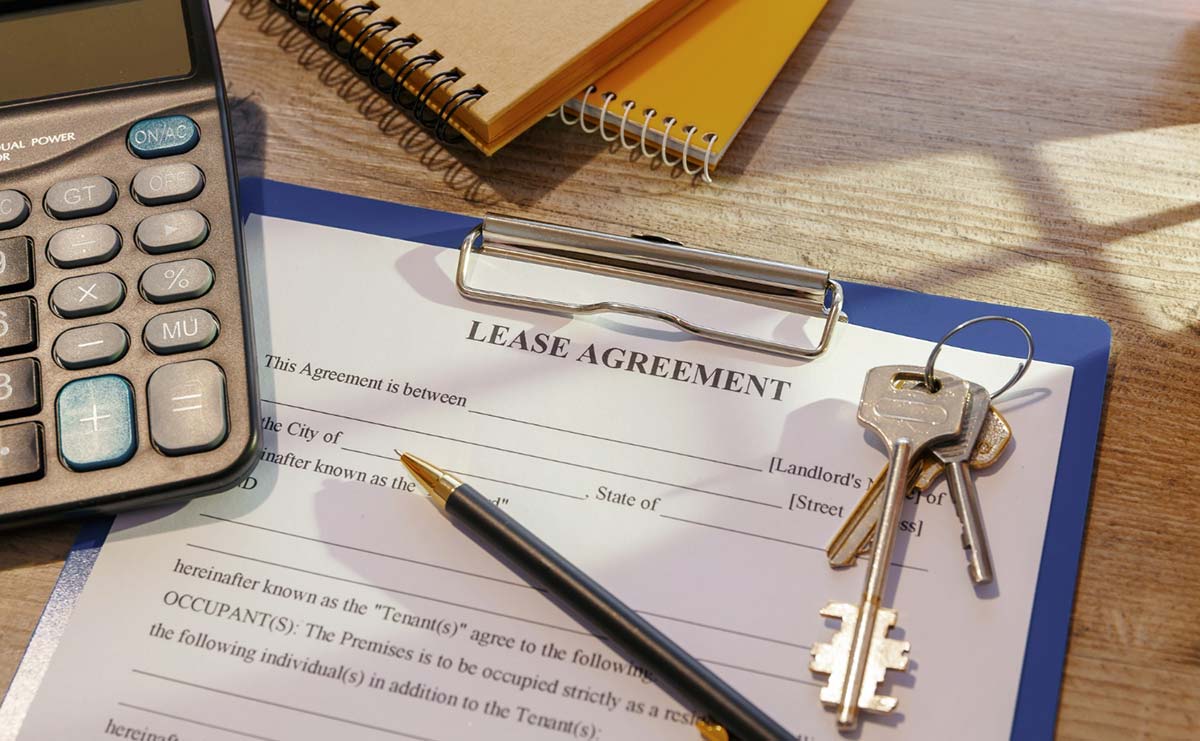Squatters Rights
The term “Squatters’ rights” generally pertains to adverse possession laws that differ from one place to another. Adverse possession is a legal principle that enables a person who occupies somebody else’s land for a specific period to potentially obtain legal ownership of that land.
To claim adverse possession of a property, a squatter must meet several requirements. These usually include:
- Open and Notorious Possession: The squatter must occupy the property in a way that is open and obvious. They cannot hide their presence.
- Hostile Possession: The possession must be without the owner’s permission. In this context, “hostile” does not necessarily mean aggressive; it simply means that the occupation is against the interests of the true owner.
- Actual Possession: The squatter must physically possess and use the property. Mere intentions or occasional use may not be sufficient.
- Continuous Possession: The occupation must be continuous and uninterrupted for a specified period, which can vary from a few years to several decades depending on local laws.
- Exclusive Possession: The squatter must possess the property to the exclusion of the true owner and others.
If a person occupies a property without the owner’s permission for a certain amount of time and meets specific criteria, they may be able to claim legal ownership of the property through adverse possession laws.



